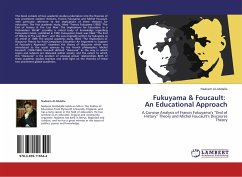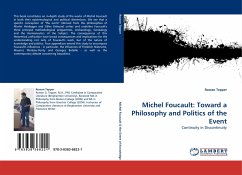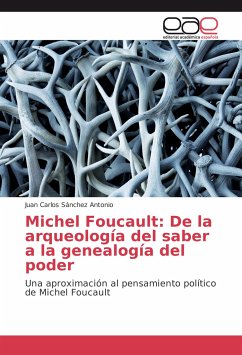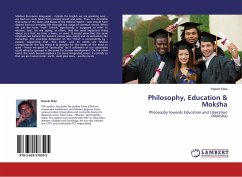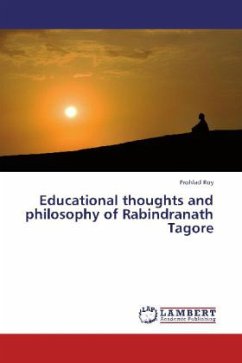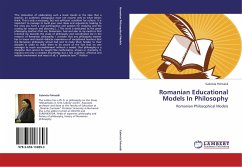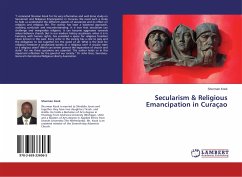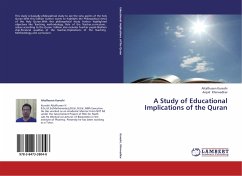This book consists of two academic studies undertaken into the theories of two prominent modern thinkers, Francis Fukuyama and Michel Foucault, with particular reference to the implications of these theories for education. The first academic study, titled Francis Fukuyama (1992) The End of History & The Last Man : The Implications for Education in a Postmodern World provides a critical body of knowledge regarding Fukuyama s book, published in 1992. Fukuyama s book was titled The End of History & The Last Man , and this was originally written by Fukuyama as an article in 1989. The second academic study, titled The Implications of Discourse Theory for Post-Compulsory Education: An Argument in Support of Foucault s Approach examines the theory of discourse which was introduced to the social sciences by the French philosopher, Michel Foucault (1926-1984). Foucault defined discourse as the way in which topics and subjects are discussed within society, and the extent to which this discourse is the product of unequal power relationships. Both of these academic studies examine and shed light on the theories of these two prominent global academics.
Bitte wählen Sie Ihr Anliegen aus.
Rechnungen
Retourenschein anfordern
Bestellstatus
Storno

